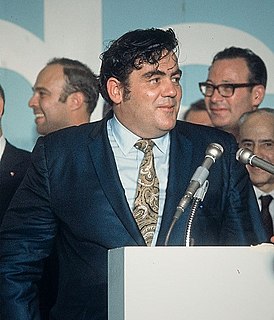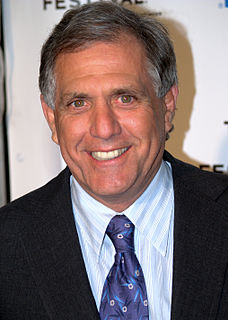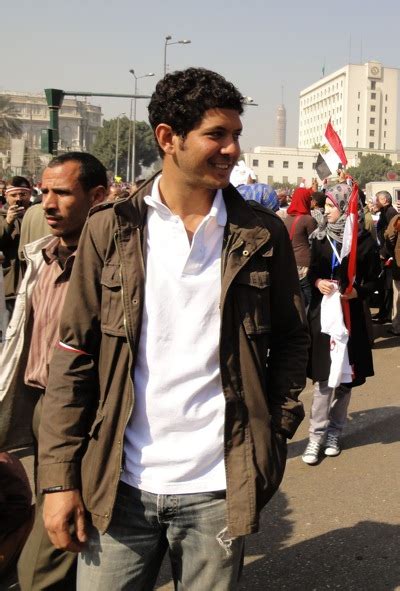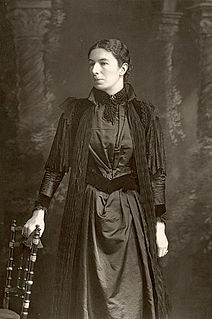A Quote by Andrew Bacevich
Apart from a commendable determination to discomfit Trump and members of his inner circle (select military figures excepted, at least for now), journalism remains pretty much what it was prior to November 8th of last year: personalities built up only to be torn down; fads and novelties discovered, celebrated, then mocked; "extraordinary" stories of ordinary people granted 15 seconds of fame only to once again be consigned to oblivion - all served with a side dish of that day's quota of suffering, devastation, and carnage. These remain journalism's stock-in-trade.
Quote Topics
Again
Apart
Built
Carnage
Celebrated
Circle
Commendable
Day
Determination
Devastation
Discovered
Dish
Down
Extraordinary
Fads
Fame
Figures
Granted
His
Inner
Journalism
Last
Last Year
Least
Members
Military
Much
November
Now
Oblivion
Once
Only
Ordinary
Ordinary People
People
Personalities
Pretty
Prior
Quota
Remain
Remains
Seconds
Select
Served
Side
Stock
Stories
Suffering
Then
Torn
Trade
Trump
Up
Year
Related Quotes
A reckoning is coming on the state of the internet journalism, because right now, the way it's set up, there is so much room for libel to squeak through that you're going to see...they're going to rewrite the rule book on journalism very soon. They have to, because the bloggers are getting away with so much rumor-mongering about public officials and even private figures because they don't have editors and they don't have fact checkers and they don't have lawyers. There is going to be a price to pay somewhere down the line.
I certainly don't mean to suggest that all investigative journalism prior to 9/11 in the US was praiseworthy. But there were more examples to which one could point, and there were at last some activist photographers who understood that getting information into the public sphere in spite of military censorship was a right and obligation within democracy. That strain in war journalism did nearly vanish during that time.
Journalism schools are good to get a job, but I don't know what else they are good for. I don't like the word "journalism" to begin with. It's news reporting, and that consists of using your two feet. The only lesson, then, that you could give people is how to climb stairs, because there are no stories on the first floor.
Anyone who does investigative journalism is not in it for the money. Investigative journalism by nature is the most work intensive kind of journalism you can take on. That's why you see less and less investigative journalism at newspapers and magazines. No matter what you're paid for it, you put in so many man-hours it's one of the least lucrative aspects of journalism you can take on.
I got in journalism for any number of reasons, not least because it's so much fun. Journalism should be in the business of putting pressure on power, finding out the truth, of shining a light on injustice, of, when appropriate, being amusing and entertaining - it's a complicated and varied beast, journalism.
To no man does the earth mean so much as to the soldier. When he presses himself down upon her long and powerfully, when he buries his face and his limbs deep in her from the fear of death by shell-fire, then she is his only friend, his brother, his mother; he stifles his terror and his cries in her silence and her security; she shelters him and releases him for ten seconds to live, to run, ten seconds of life; receives him again and again and often forever.
I hated the culture, I hated the work. I very quickly realized that this wasn't what I wanted to do. So, after two years, I took some writing courses - I always loved to write - and I figured the only way I was going to get paid to write was in journalism. I really wasn't very involved politically with anything up until that point. Then I started reading about the second Palestinian Intifada, and I spoke to friends in activist and journalism circles. Then, somehow by complete luck, I ended up at Democracy Now.
We ran well there in the November 2012, my first race with (Tony) Gibson (as crew chief). Unfortunately, we haven't left there without a torn up race car. We got caught up in accidents in November of 2012 and then again in November 2013. We cut a tire and crashed last spring, so it'd be nice to have a good clean run with the GoDaddy car. I like Phoenix and Gibson has won there a few times. Hopefully our luck will turn around and we can have a good smooth run and get back on track.





































